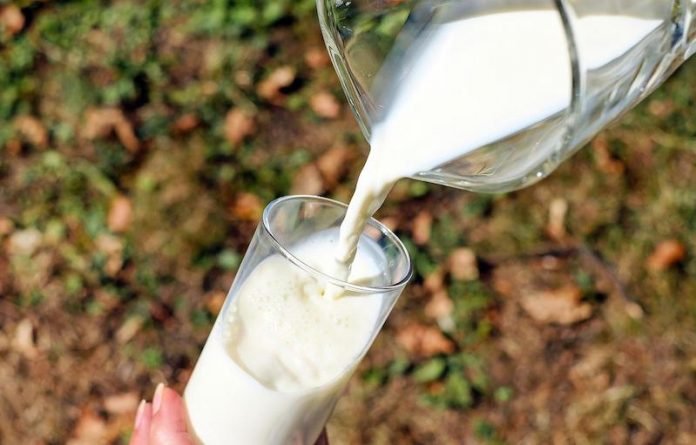
In a recent study from Uppsala University, scientists found a high milk intake in women and men is not accompanied by a lower risk of fracture and instead may be linked to a higher rate of death.
This may be explained by the high levels of lactose and galactose (types of sugar) in milk, which have been shown to increase oxidative stress and chronic inflammation
A diet rich in milk products is promoted to reduce the likelihood of osteoporotic fractures.
But previous research looking at the importance of milk for the prevention of fractures and the influence on death risk shows conflicting results.
In the study, researchers examine whether high milk intake may increase oxidative stress, which, in turn, affects the risk of mortality and fracture.
They examined data from 61,433 women (aged 39-74 years in 1987-1990) and 45,339 men (aged 45-79 years in 1997) in Sweden.
They completed food frequency questionnaires for 96 common foods including milk, yogurt, and cheese.
The team found in women, no reduction in fracture risk with higher milk consumption was observed.
Furthermore, women who drank more than three glasses of milk a day (average 680 ml) had a higher risk of death than women who drank less than one glass of milk a day (average 60 ml).
Men also had a higher risk of death with higher milk consumption, although this was less pronounced than in women.
Further analysis showed a positive association between milk intake and biomarkers of oxidative stress and inflammation.
In contrast, a high intake of fermented milk products with a low lactose content (including yogurt and cheese) was linked to lower risks of mortality and fracture, particularly in women.
The team concludes that higher consumption of milk in women and men is not accompanied by a lower risk of fracture and instead may be associated with a higher rate of death.
Consequently, there may be a link between the lactose and galactose content of milk and risk, although causality needs to be tested.
If you care about bone health, please read studies that plant-based diets can harm your bone health without these two nutrients, and this bone problem may strongly increase COVID-19 death risk.
For more information about wellness, please see recent studies that too much of this vitamin may increase your risk of bone fractures, and results show this type of exercise may protect your bone health, slow down bone aging.
The research was published in The BMJ and conducted by Professor Karl Michaëlsson et al.
Copyright © 2022 Knowridge Science Report. All rights reserved.



